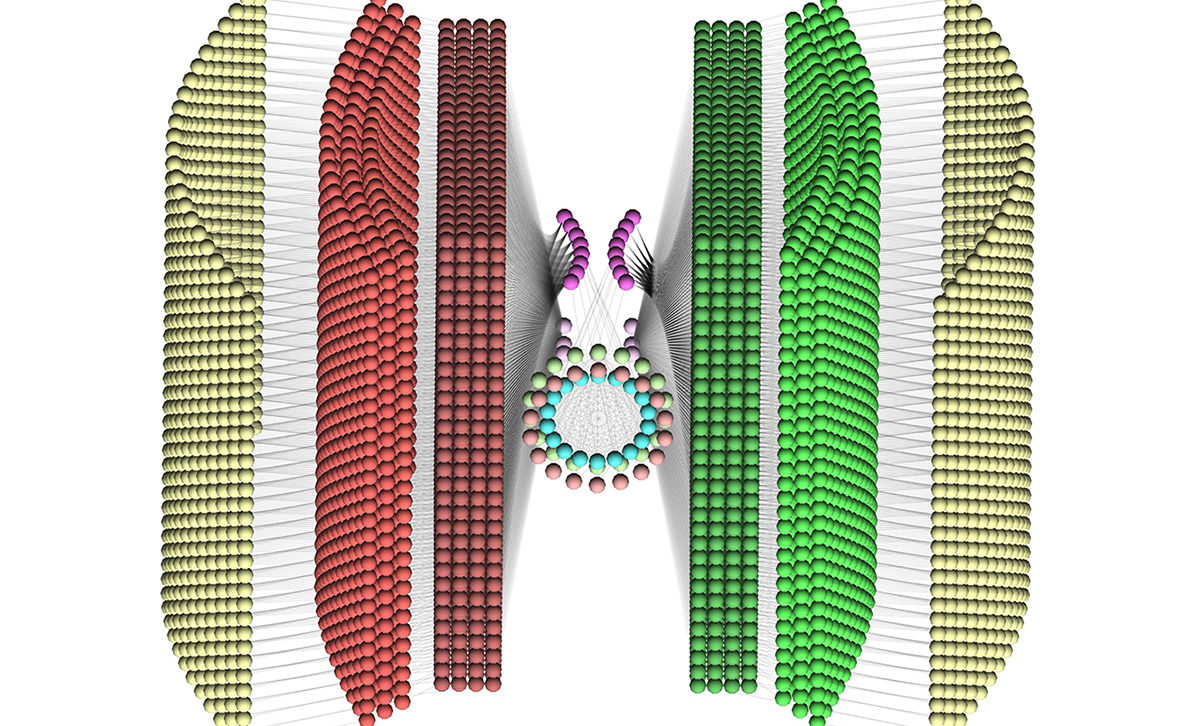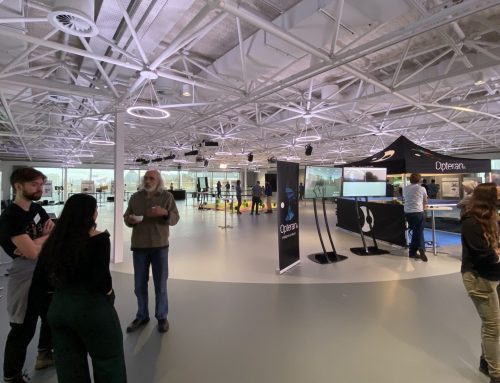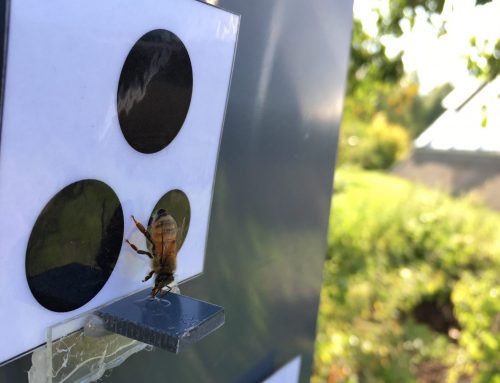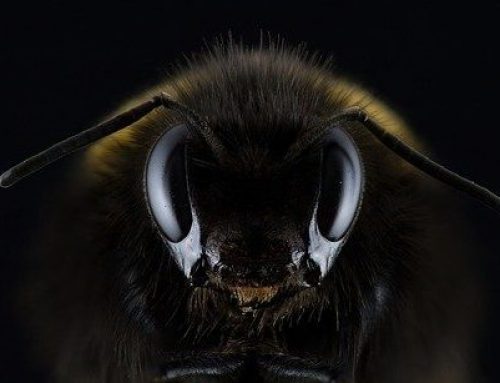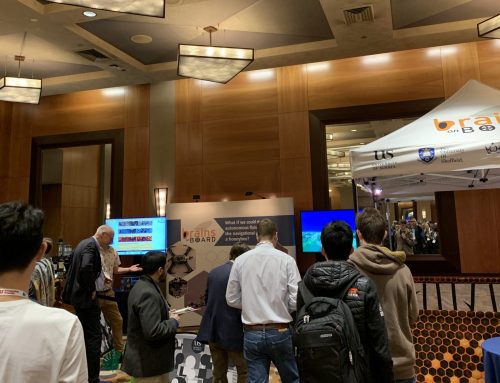Members of the Brains on Board team have been awarded a further £1m from EPSRC to collaborate with Australian experts in invertebrate behaviour. The new grant, Active AI, is led by Prof Andy Philippides for Sussex, and Dr Mike Mangan for Sheffield.
Recent advances in AI and notably in deep learning, have proven incredibly successful in creating solutions to specific complex problems (e.g. beating the best human players at Go, and driving cars through cities). But as we learn more about these approaches, their limitations are becoming more apparent. For instance, deep learning solutions typically need a great deal of computing power, extremely long training times and very large amounts of labeled training data which are simply not available for many tasks. While they are very good at solving specific tasks, they can be quite poor (and unpredictably so) at transferring this knowledge to other, closely related tasks. Finally, scientists and engineers are struggling to understand what their deep learning systems have learned and how well they have learned it.
To help address this, Active AI will bring together world leaders in insect biology and neuroscience with world leaders in biorobotic modelling and computational neuroscience to create a partnership that will be transformative in understanding active learning and selective attention in insects, robots and autonomous systems in artificial intelligence (AI). By considering how brains, behaviours and the environment interact during natural animal behaviour, we will develop new algorithms and methods for rapid, robust and efficient learning for autonomous robotics and AI for dynamic real world applications.
For full grant details see here.

